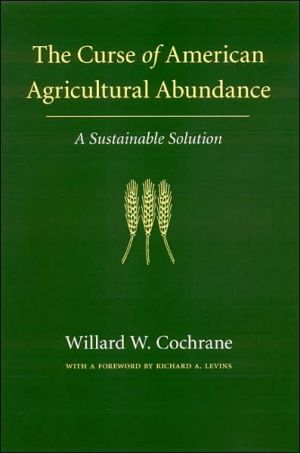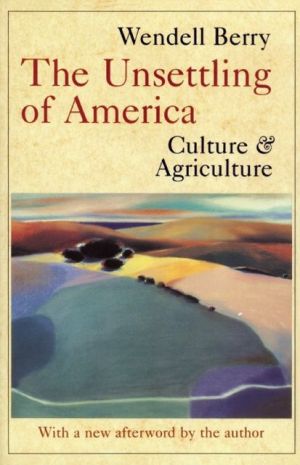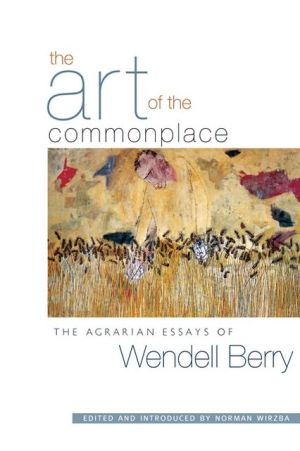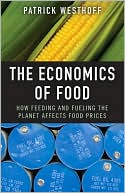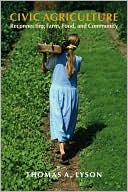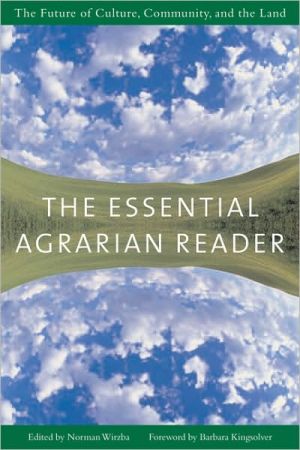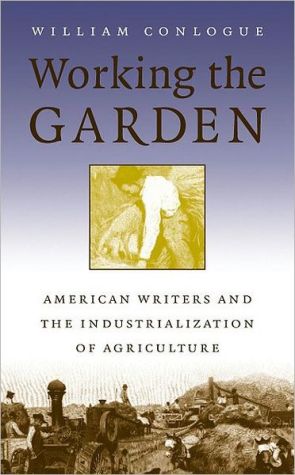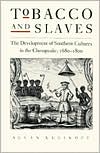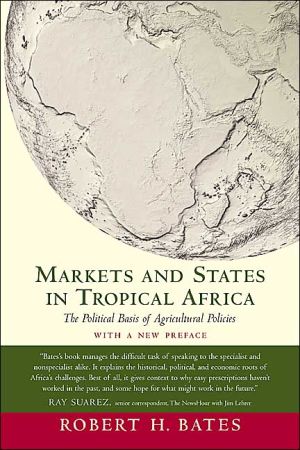The Curse of American Agricultural Abundance: A Sustainable Solution
Advisor to President Kennedy, consultant for foreign governments, and spokesman for family farmers everywhere, Willard W. Cochrane has been a leading expert on agriculture and its problems in the United States since the 1940s. In his straightforward style Cochrane analyzes the propensity for American agriculture to produce too much and the inability of our social and economic system to make effective use of that unending abundance. He then offers his vision for American agriculture in the...
Search in google:
Advisor to President Kennedy, consultant for foreign governments, and spokesman for family farmers everywhere, Willard W. Cochrane has been a leading expert on agriculture and its problems in the United States since the 1940s. In his straightforward style Cochrane analyzes the propensity for American agriculture to produce too much and the inability of our social and economic system to make effective use of that unending abundance. He then offers his vision for American agriculture in the twenty-first century. Cochrane looks at two periods in agricultural history: 1953–66 and 1997–2002. Structurally, technologically, and organizationally the two periods are as different as night and day, but in terms of the big economic picture – too much production pressing on a limited commercial demand with resulting low farm prices and incomes – they are mirror images of each other. With this understanding, Cochrane argues that Americans no longer need to farm fragile ecosystems with intensive chemical methods, make huge payments that result in fewer farms and higher farming costs, or bear the environmental consequences of all-out production. Instead, he outlines a bold new strategy for how we can enjoy our abundance and focus our efforts on quality of life and protecting the environment in our rural areas.
ForewordAcknowledgmentsPrologue: Who and Why?1Pt. 1Policies of the Mid-1900s1The Case for Production Control92The Agricultural Treadmill193Farm Technology, Foreign Surplus Disposal, and Domestic Supply Control45Pt. 2Policies for 2002 and Beyond4A Food and Agricultural Policy for the Twenty-first Century655The Export Solution836Saving the Family Farm: The Case for Government Intervention917American Agricultural Abundance: Curse or Opportunity?107Epilogue: The Future?131AppWhat Makes Sustainable Farms Successful?135Notes143Index149
\ E-Streams"Of all the liberal agricultural economists who could have written a book about substantial and alternative farming methods, Willard W. Cochrane is perhaps top of the list. . . . This is an excellent book for all libraries—public and academic—to access into their collections."—K. T. Vaughan, E-Streams\ — K. T. Vaughan\ \ \ \ \ \ Environmental Practice“This book holds remarkable value for members of the agricultural community, environmental professionals, members of the regulatory community, and politicians seeking insights into how agricultural economics influence the evolution of the conservation agenda and the transformation underway from production subsidies to conservation incentives. These essays of Willard Cochrane hold lessons for us all.”—Douglas B. Johnson, Environmental Practice\ — Douglas B. Johnson\ \ \ \ E-Streams\ - K. T. Vaughan\ "Of all the liberal agricultural economists who could have written a book about substantial and alternative farming methods, Willard W. Cochrane is perhaps top of the list. . . . This is an excellent book for all libraries—public and academic—to access into their collections."—K. T. Vaughan, E-Streams\ \ \ \ \ Environmental Practice\ - Douglas B. Johnson\ “This book holds remarkable value for members of the agricultural community, environmental professionals, members of the regulatory community, and politicians seeking insights into how agricultural economics influence the evolution of the conservation agenda and the transformation underway from production subsidies to conservation incentives. These essays of Willard Cochrane hold lessons for us all.”—Douglas B. Johnson, Environmental Practice\ \
